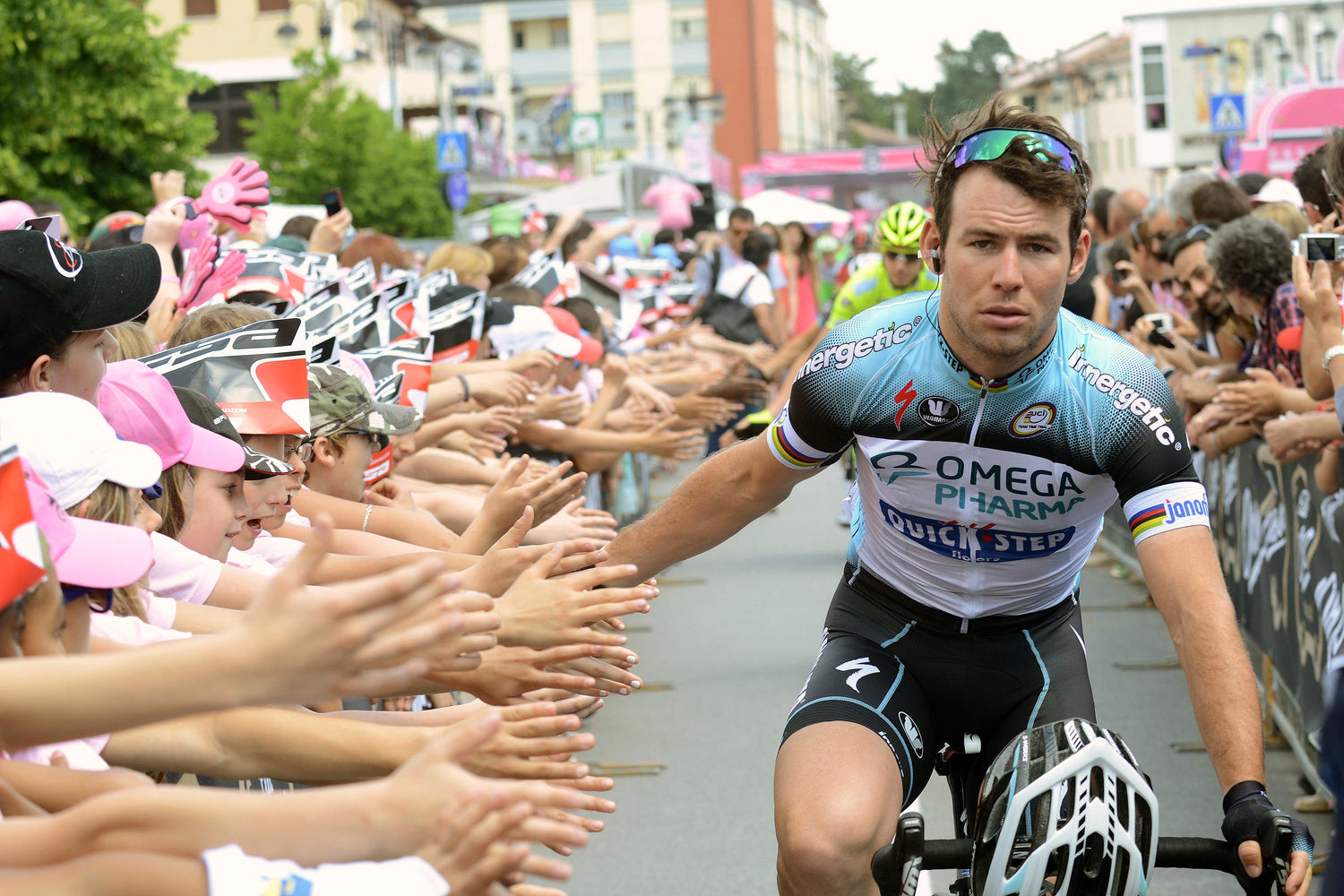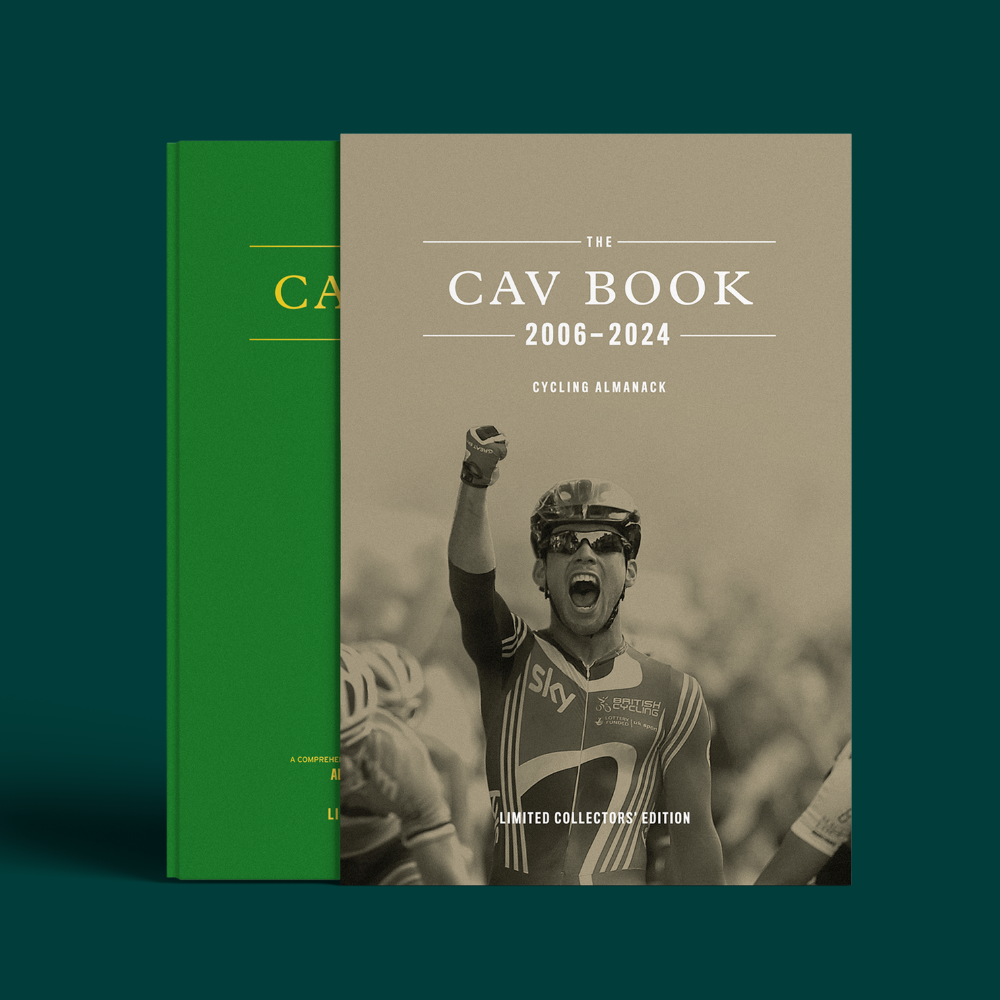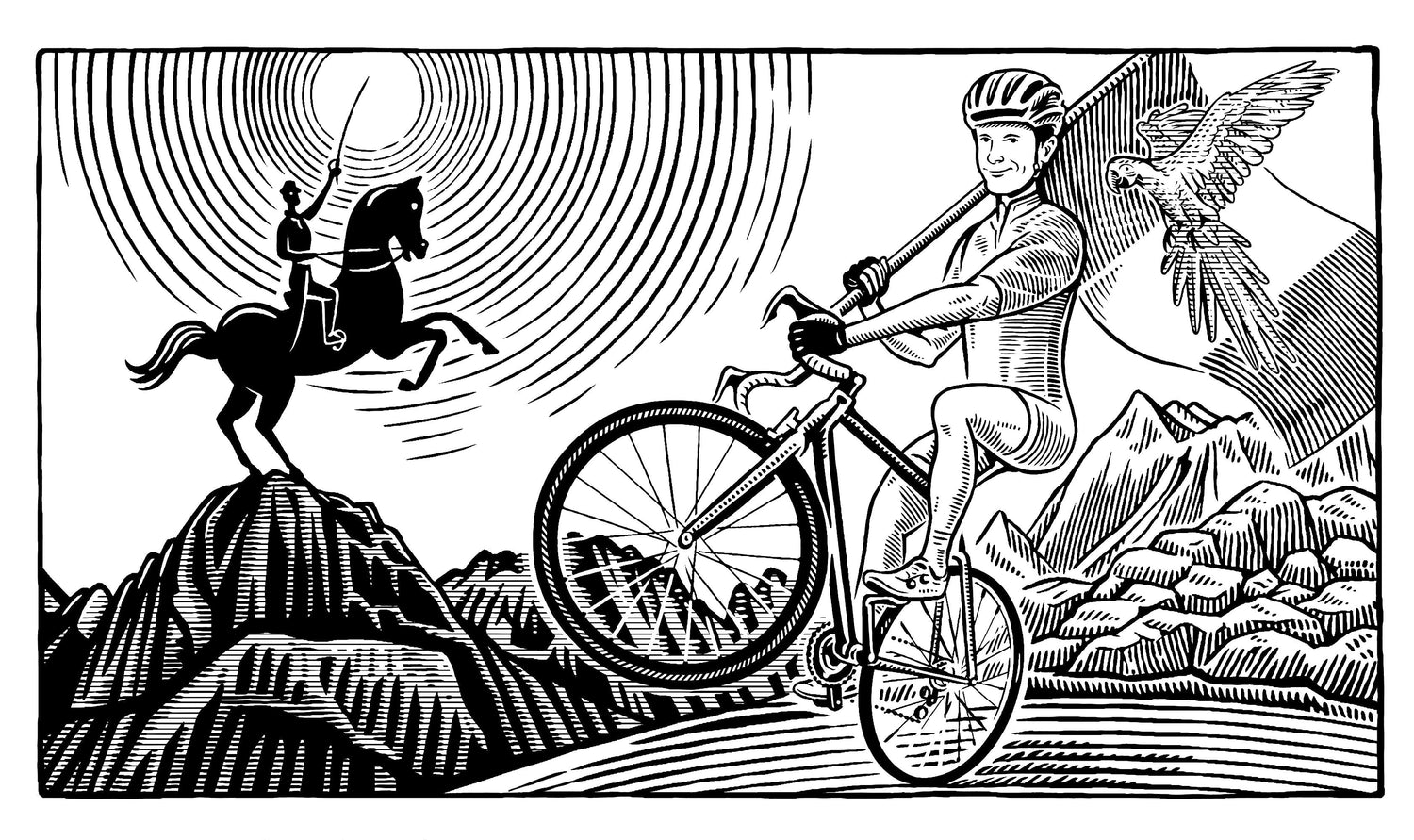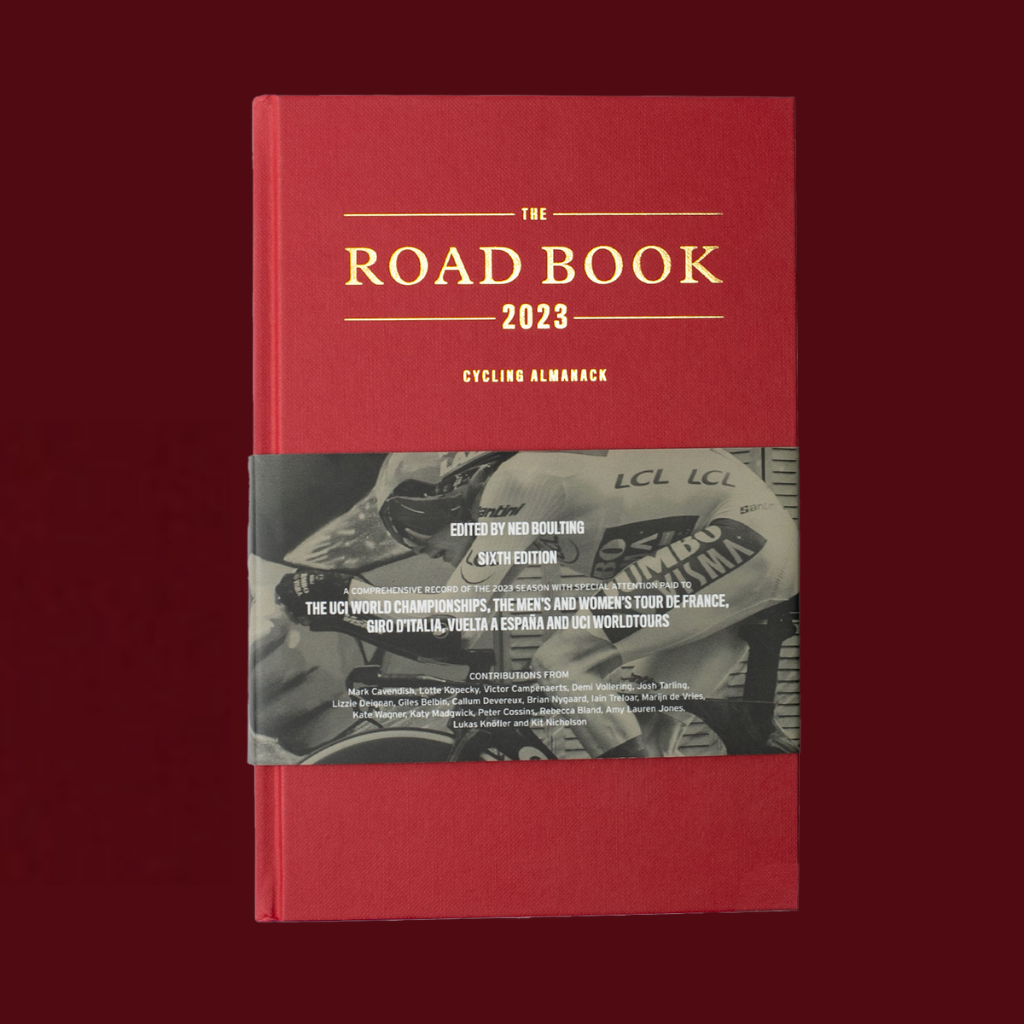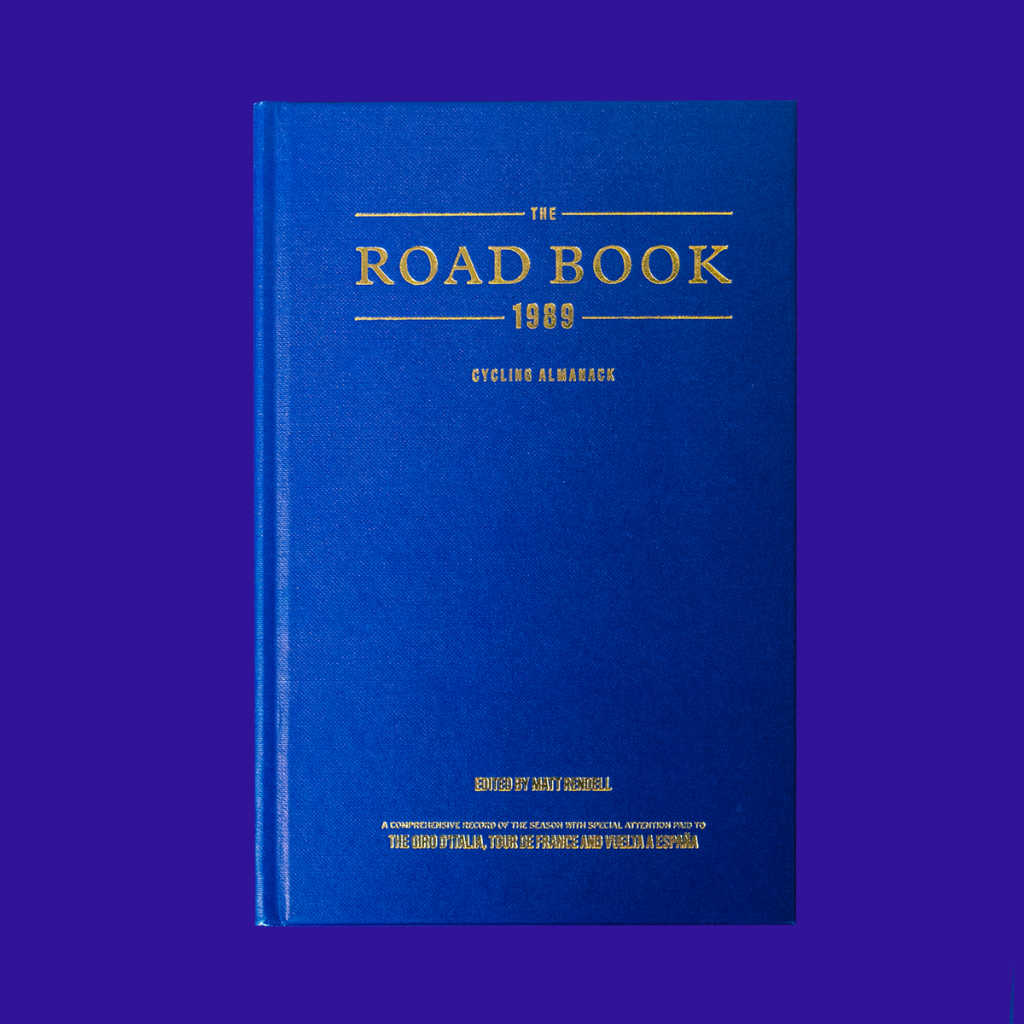#BlackBritishLivesMatterinCycling
BY DR MARLON MONCRIEFFE
George Floyd’s cry of “I can’t breathe” in the midst of his suffocation and subsequent murder by a white policeman is symbolic of rupture experienced in the career potential of elite Black-British cyclists from the 1970s to the current decade. They have shared their testimonies for my academic research entitled ‘Made in Britain: Uncovering the life-histories of Black-British Champions in Cycling.
Here are some of those voices:
It was Olympic year, so I did come back with the hope that I could come on to the team. I knew it wasn’t going to happen. I just knew. I could see that some guys faces fitted, whilst mine didn’t. Maurice Burton.
It was difficult, especially if your skin colour was different. There was a lot for me to put up with. It was like a Boys club. If the big-boss director doesn’t want you in, then what can you do? Grow another leg? It’s not possible is it? They made it uncomfortable for me. Russell Williams.
I was hoping to ride for Great Britain at the worlds. But I wasn’t picked for that team. They
At British Cycling, I think people already saw me as an outsider. You know different to the normal cyclist. I didn’t have that face to fit. I was never made to feel comfortable. Christian Lyte.
The sense that I got from them

These are just a few of the testimonies that evidence oppressive forms of ‘Whiteness’ embedded in the White dominated British cycling community, particularly at the highest levels of the sport in Britain. My research also has evidence to show that Black-British cyclists at grassroots and development levels are also being starved of oxygen.
This Blog is written not as an attack, but as a challenge to the White dominated British cycling community i.e. the national body British Cycling; the cycling media; professional cycling teams; cycling clubs; the cycling industry. How will you use the George Floyd moment: To see and understand the hurt and damage of “Whiteness” so as to transform society for the better? Or, to stay the same as before? For some reading this blog, it is important to offer an understanding of what is meant by ‘Whiteness’. This is recognised as a narcissistic existential orientation from which privileged White people (some consciously, some unconsciously) view the world as a norm by which ‘the other’ non-White person is judged. This means White people seeing themselves only, as universal human beings who can represent all of human experience.
My research began in 2016 at the height of so-called golden age of cycling in Britain. The research was triggered particularly by commercial and media manipulation of British cyclists successes i.e. the lionising of (Sir) Bradley Wiggins in association with Mod culture and Victoria Pendleton represented as Britannia. I have no criticism whatsoever towards these White-British cyclists for taking the opportunity to be celebrated for their sporting successes. My concern is focused upon what I see as ethnic nationalist exclusivity in their manufactured media and commercial representations. This media and commercial discourse articulated that the sports of Road and Track cycling are the exclusive domains of White-British people only. Cycling is not the only sport to do this. Rowing, Horse-Racing, Golf and others also project ‘Whiteness’. I see these as symbolically violent representations of ‘Whiteness’ for reinforcing White-British nostalgia and culture, imperialism and power.
My research and public exhibitions in Brighton 2018, 2019; and Herne Hill Velodrome London, June 2019 were a response to the suffocation of ‘Whiteness’. I wanted to give the Black-British cyclists that I knew had stepped into the cycling world of ‘Whiteness’, a chance to breathe; to become a collective voice; to share their histories amidst the exclusive representations of ‘Whiteness’. I centred the Black-British cyclists through images, photography and their testimonies that told of their careers and how they were ‘Made in Britain’. The narratives speak about the cycling clubs that they were part of, their mentors, their victories, the barriers, the (direct and indirect) racist discrimination that they faced. Public responses to exhibitions found in Conquista Issue 23 speak of being inspired, and of the admiration they have for the resilience of the Black-cyclists towards the racial discrimination faced in their careers, yet still achieving relative success. But why should these Black cyclists have to wake up every morning to the daily burden of potentially facing hostilities about the colour of their skin being out of place in the world of cycling? Their privileged White peers would never have to consider this discriminatory burden.
Representation at the highest levels of British Cycling needs to move on from being stuck in its identity of White-British only mono-cultural representations in elite Road and Track cycling. Other sports have paved the way. As a child, I was inspired by the Great Britain Athletics team of the 1984 Olympics including Tessa Sanderson, Daley Thompson, Seb Coe and Steve Ovett. Their victories are the pride of cultural diversity representing the Britain I still see and connect with today. I challenge the White dominated British cycling community to see and to embrace this representation of Great Britain; to become collective force for change to help with supporting and producing a crop of Black-British Champions in cycling to grace the world stage in representing Great Britain with their fellow White-British citizens in the future.
I have ambitions to continue to share the exhibition across the UK at cycling venues over the coming years.
I call for the support of British Cycling, Scottish Cycling, Welsh Cycling, the cycling media, the cycling industry, cycling manufacturers, professional cycling teams to join together as a force to formulate robust policies for genuine transformation that sees greater inclusion of voice and representation from minority-ethnic groups in Great Britain. The entire British cycling community must reflect on the George Floyd incident; take a deep breath together, and become a collective force for transformation.




